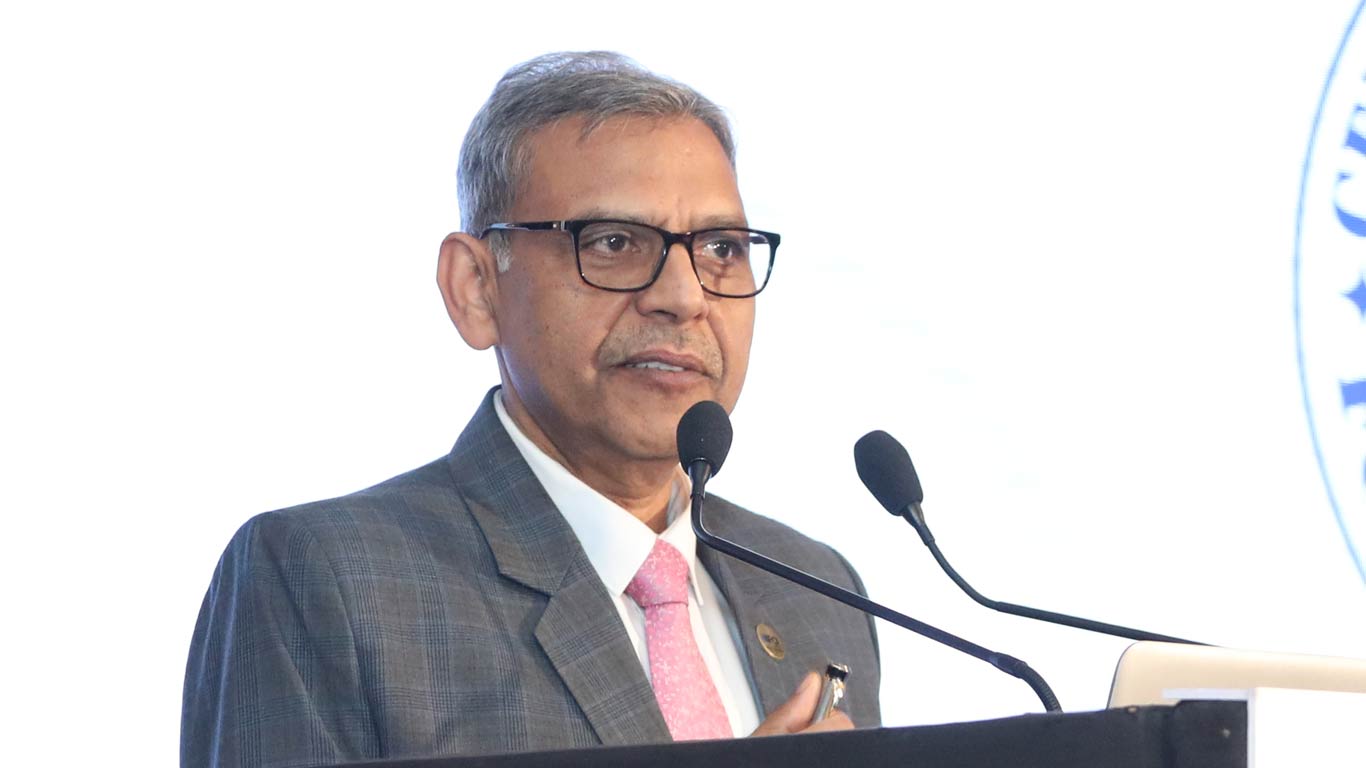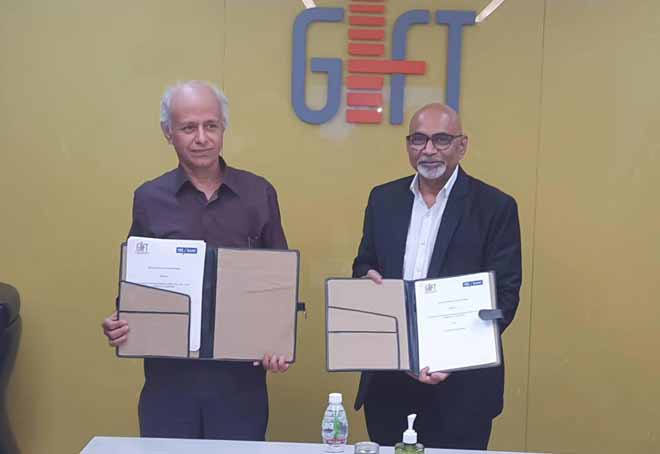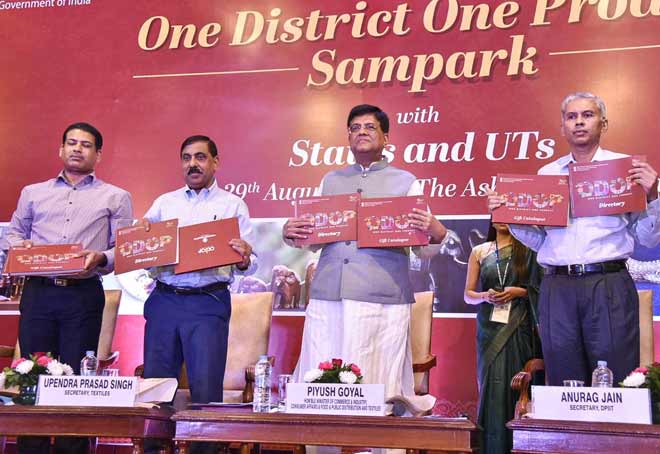Many credit worthy consumers do not have access to easy credit: Kampey
Updated: Dec 16, 2015 02:07:53pm

In an exclusive interview with KNN, Avinash Kumar, the Board Member and Advisor of Kampey talks in detail about the journey of the start-up.
“Kampey allows usage of credit card for all of your payments. We envision Kampey facilitating quick access to credit and its convenient usage” Kumar said.
“Currently, as the market works, many credit worthy consumers do not have access to easy credit and even if they have they are not able to use it they want. One such example is not able to use credit card to pay your house rent/deposit. Our current service offerings allow usage of credit card to pay anybody as long as they have bank account. We have a very strong product pipeline of unique products and services that will disrupt consumer credit market,” he added further.
Kumar said that the idea of bringing up Kampey originated with an experience of one of the founders. Due to paucity of funds in a particular month, he wanted to use credit card for monthly house rental payment. There was no service available in India to allow doing this, and this lack of service gave a pathway to the creation of Kampey.
“There have been quite a few hurdles and we are enjoying crossing these as we progress,” said the Advisor. While talking about the obstacles, he told us that after zeroing down on idea - the first challenge was to validate its feasibility: that there was a real need of the services and market size was big enough. Putting a capable team was next.
“With our background of technology and new product development, crossing the hurdle was relatively easy” Kumar elaborated, adding, “We also had to think through how to reach target market in a cost effective way. We continue to face them and are solving as we progress”.
During the conversation, Kumar also briefed us about the funding issues for Kampey. He revealed the strategy that the organisation has been abiding by for acquiring funds- "First prove feasibility of business plan and then seek fund".
“The space we are working in is huge - there is a potential of 100s of innovative products and services. Each with market size of 1000 of crores. We choose our initial service offerings that we can implement with our own money. We call it stage One. We shall roll out additional services to facilitate many other payments in stage One - like school fees, drivers salary, maid salary, B2B payments etc,” he told us.
“In stage two, we plan to launch product and services with a potential to disrupt consumer credit space. We plan to raise fund in for the stage in near future. With the track record of successfully delivery in stage one, we think we will be able to present an investment opportunity with huge potential and already working model,” he said further delving into details.
Unlike many newly established start-up ventures, Kampey started earning revenue from the very first week of its launch. Kumar told KNN that Number of transactions in first month was in double digits with an average value of Rs 20K. The venture was thrilled with 80% growth in second month. “We are very happy the way market has been accepting us” said Kumar.
The USP of Kampey has been the usage of technology to deliver consumer convenience and reduce credit cost, believed the Advisor.
Talking about his vision for the future growth of the venture in coming years, Kumar revealed ‘the three stage plan’.
“Currently we are at stage one. Our roadmap plans to bring products and services at each stage which will disrupt the market,” the board member said adding, “These products and services have been planned keeping in mind competencies needed to deliver them. At each stage we leverage competencies developed in the previous stage and build new competency required in next stage”.
Kumar believes that there has been progress in the SME sector in India but a lot still needs to be done. “Governance structure still presents unwanted hurdles to new business model. Unavailability of GST or similar other framework is one such example.” Kumar concluded. (KNN/ Jyoti)












